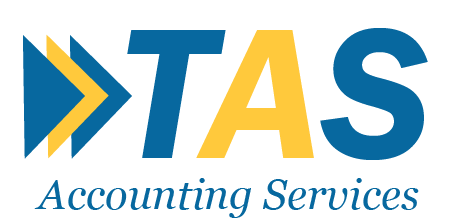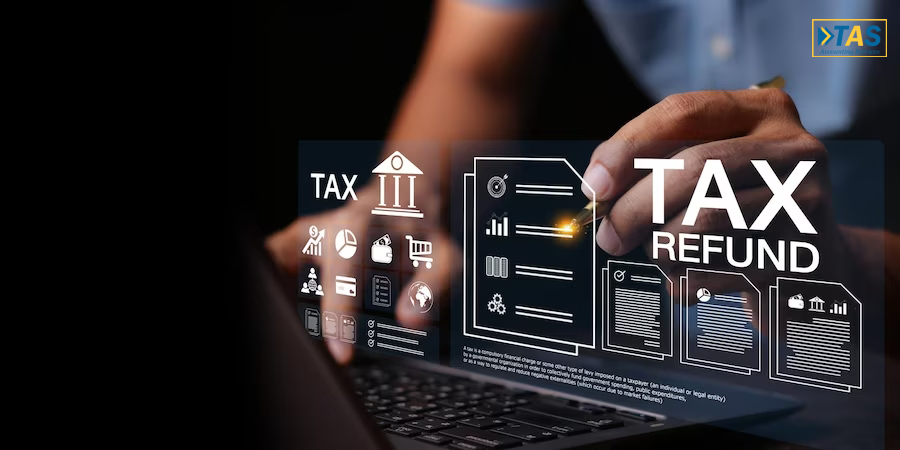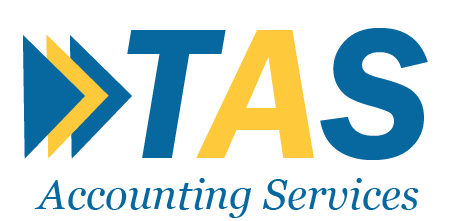E-commerce Retailer
An online fashion retailer faced challenges adhering to VAT regulations in multiple EU countries. By implementing a comprehensive VAT compliance management system, they were able to automate their tax calculations based on the specific regulations of each country. This system allowed the retailer to streamline their invoicing processes, ensuring accuracy in reporting and reduced penalties for non-compliance. Post-implementation, the retailer reported a 30% reduction in compliance-related costs and improved efficiency in their accounting practices.
International Logistics Company
A logistics firm specializing in international shipping discovered that their existing VAT compliance processes were error-prone, leading to significant financial penalties. They sought expert consultation and reinvented their procedures to include regular audits and staff training on VAT laws across different jurisdictions. As a result, the company not only eliminated their penalties but also established a proactive compliance culture that increased their overall operational transparency and trust with clients.
Small Service Provider
A small marketing agency, which initially overlooked its VAT obligations, found itself fined for non-compliance after an unexpected tax audit. Recognizing the need for a solid VAT compliance framework, they engaged a tax professional to review their practices and implement a straightforward tracking system. With simplified record-keeping and proper staff training, the agency improved its compliance and recovered from the fines by demonstrating their commitment to adhering to VAT laws. Their reputation strengthened, leading to increased client confidence and a more stable business environment.






















